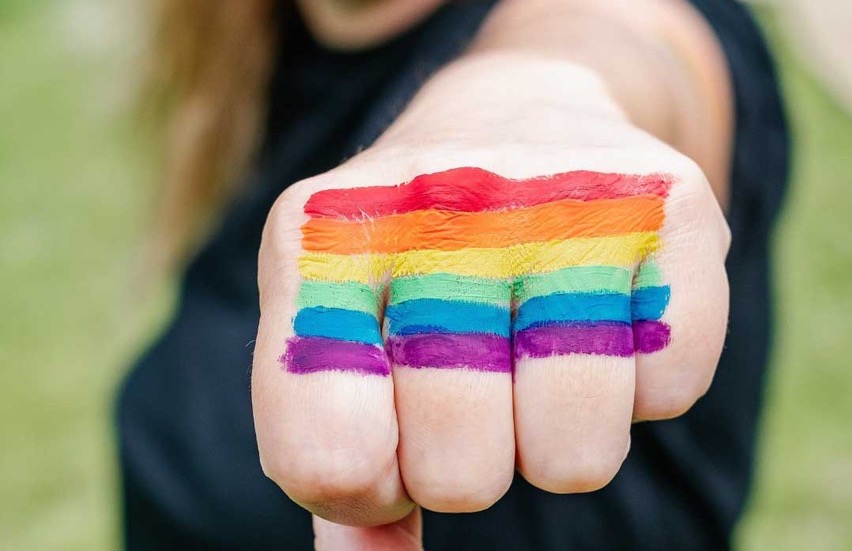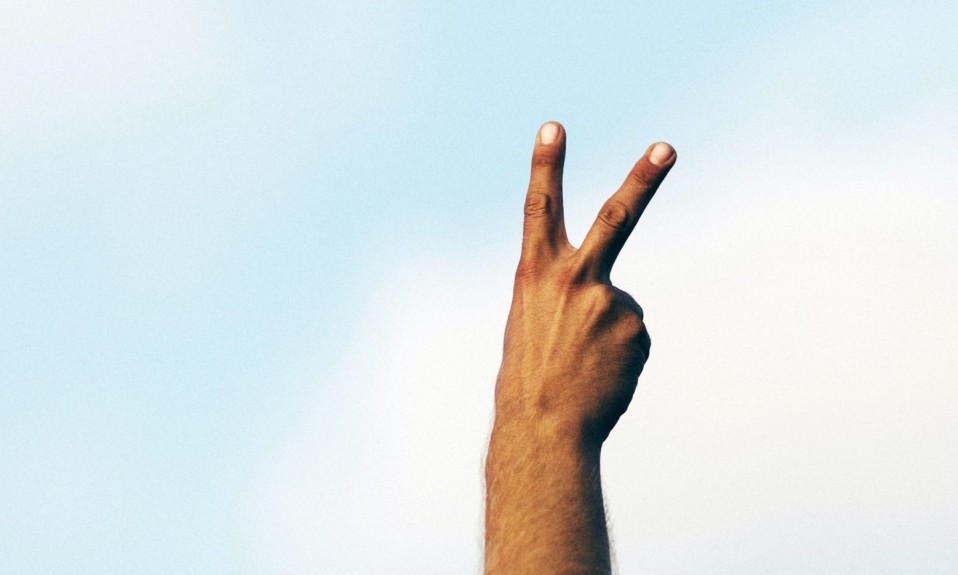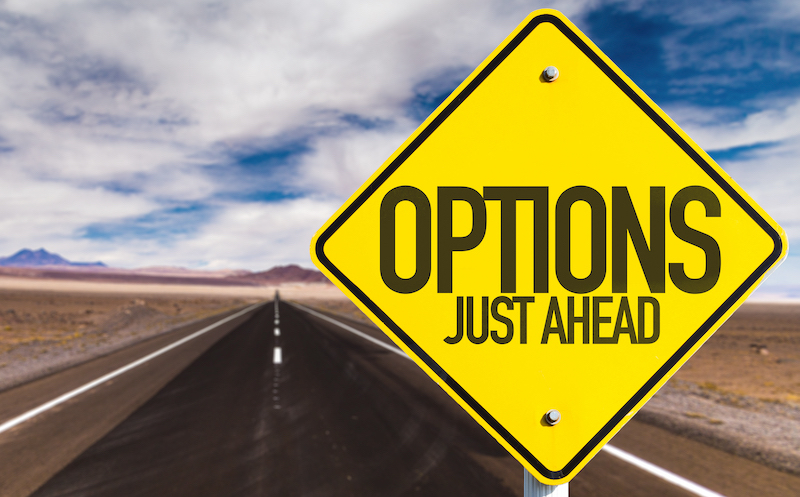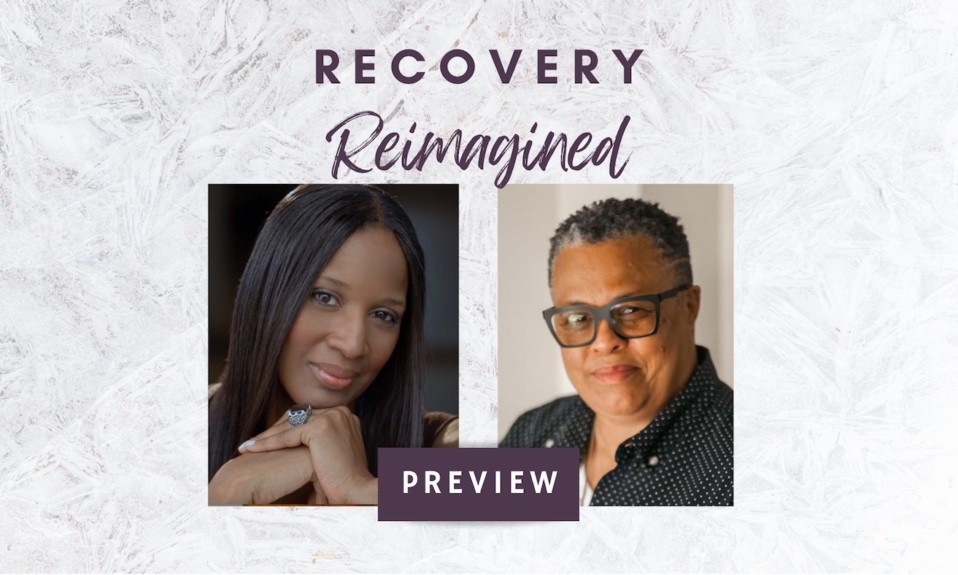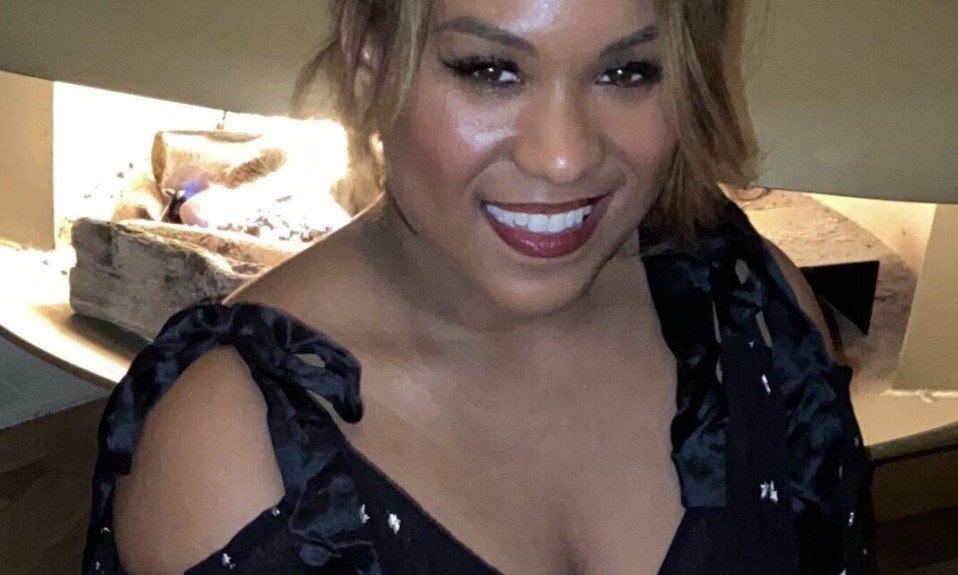The female-focused nonprofit has added a new program geared toward LGBTQ folks with addiction and mental health issues
By Veronica L. Holyfield
Addiction recovery flourishes when it’s fueled by honesty. For queer, transgender and nonbinary folks who identify within women’s communities, honesty must first come from a place of safety. The She Recovers Foundation (SRF) is acutely aware of this, and recently incorporated a weekly recovery group into its programming to address the specific needs of this particular subgroup.
The She Recovers Foundation is a nonprofit that has been providing mostly online resources to women with substance use disorder (SUD) and mental health issues since its inception in 2011. What began as a Facebook group of peer-to-peer support has grown into a worldwide community of some 325,000 women who partake in everything from mindful yoga classes and recovery coaching to retreats. Constantly striving to create inclusive and diverse programming, SRF has specific support groups for mothers, healthcare professionals, legal professionals, veterans and BIPOC women. The LGBTQ programming is the next step for SRF.
“I believe that our healing is rooted in our pain, and when we all work together to create a space where really deep connection can take place, it’s in those connections that I believe we find our healing,” says Cary Kelley Wright, CPRC, CPC, SRCD, co-facilitator of the She Recovers Foundation’s LGBTQ support group. “When we get really vulnerable with one another and when we allow ourselves to be held in that vulnerability, we really can connect with things that we need to be able to look at so that we can grow.”
I ended up at a Christian women’s residential rehab as a lesbian woman, and the first thing I was told when I got there was, ‘Don’t tell anybody,’ and that’s what I did.”
—Cary Kelley Wright, She Recovers Foundation
In free meetings that take place each Sunday morning via Zoom, Wright and co-facilitator Autumn Rock, ABNLP, CPRC, SRCD, navigate difficult and provocative topics that might otherwise go untouched in traditional women’s groups.
“When we get into these smaller-population groups, there’s what I like to refer to as through lines: When people come together and start talking about a specific topic, you’ll immediately start to see how we connect with one another in our experience,” Wright says. “It is when we can practice that kind of vulnerability that we can then shed light on things that have been in the dark and can start processing.”
Finding Acceptance Through the She Recovers Foundation
Through the safety of community and connection, women and nonbinary folks who attend the LGBTQ support group are able to bypass the biggest deterrent to seeking the help they need: judgment. Wright says that fear of discrimination and prejudice keeps many LGBTQ folks with addiction from being authentic in what they share. It’s something she knows from personal experience.
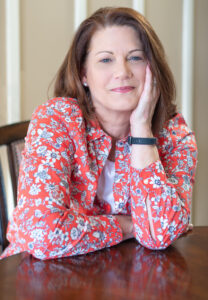
“I ended up at a Christian women’s residential rehab as a lesbian woman, and the first thing I was told when I got there was, ‘Don’t tell anybody,’ and that’s what I did,” Wright says. She made the decision to compartmentalize parts of her identity and to focus on getting help for her addiction while setting aside a major aspect of who she was. It wasn’t a recipe for success. What was meant to be a 90-day residential treatment stint turned into two years in the program.
“For me, the small groups [in the She Recovers Foundation] are now even more important because I am a Christian woman, I’m a lesbian, I’m married to a woman 20 years younger than me, I’m 57 years old and I’m raising a two-year-old,” Wright says. “Everything about me is outside of what most people would look at as ‘normal,’ but I can come to this group, talk freely and not be criticized, chastised, or worse.”
Each group session begins with individual introductions, which include the sharing of names and preferred pronouns. This routine, while seemingly simple, instantly creates a welcoming environment for gender-diverse individuals. And then through the sharing of similar experiences and the sense of fellowship that comes with it, queer women are able to see that true, lasting recovery is possible.


